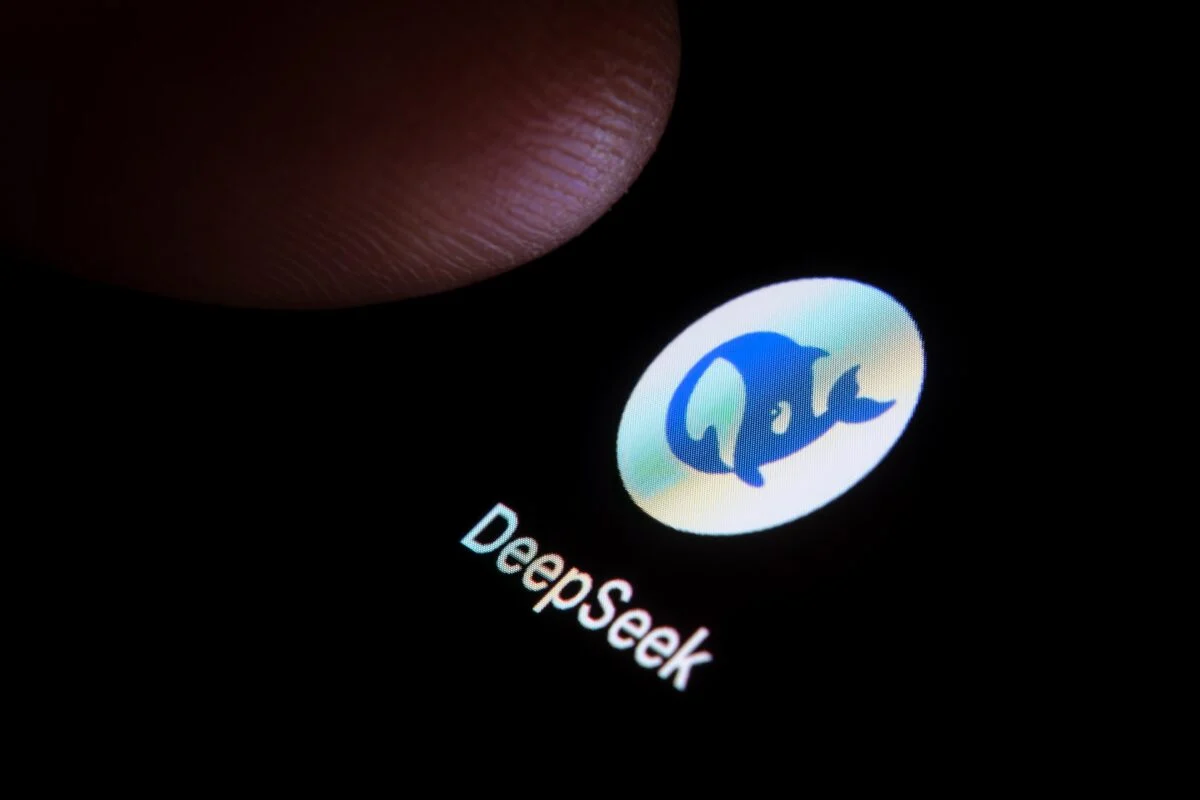
Germany’s privacy watchdog just threw down the gauntlet on DeepSeek — the fast-growing Chinese AI app — officially labeling it non-compliant with EU data laws and demanding its removal from German app stores.
The Berlin data protection agency issued formal warnings to Apple and Google, saying the app violates GDPR and fails to offer adequate data protection for German users. The move is one of the first real-world stress tests of the EU’s new Digital Services Act (DSA), which holds tech platforms directly accountable for the safety and legality of apps they distribute.
At the center of the controversy: cross-border data transfers. DeepSeek, backed by China’s aggressive AI ambitions, reportedly routes user data to servers in jurisdictions where European users have no legal protection or recourse. Berlin’s commissioner for data protection, Meike Kamp, didn’t mince words: “Chinese authorities have extensive access rights to personal data… DeepSeek has not been able to convincingly demonstrate that German user data is protected at a level equivalent to the EU.”
This is more than a technical violation — it’s a wake-up call. DeepSeek’s rapid growth (10M+ users globally since launching its R1 model earlier this year) has made it a serious rival to Western AI tools. Its model is powerful and cost-efficient — but also opaque in terms of how it collects, stores, and uses personal data.
For Apple and Google, the stakes are high. Under the DSA, if they ignore the takedown requests, they could face fines of up to 6% of global annual revenue. But pulling the app also risks political backlash and user friction in a market increasingly divided along geopolitical and ideological lines.
Complicating the picture is DeepSeek’s open-source backbone. Even if the app is removed, its models can be cloned, tweaked, and redeployed by developers worldwide — slipping through the cracks of centralized enforcement.
Big picture: this isn’t just about one app. It’s about whether open-source AI built in non-EU jurisdictions can comply with the world’s toughest privacy laws — and what happens when the law collides with the speed and sprawl of generative tech.
As the EU ramps up enforcement, this case could set a precedent for how global platforms are expected to respond when privacy meets politics — and the app store becomes a new frontline in the AI race.







